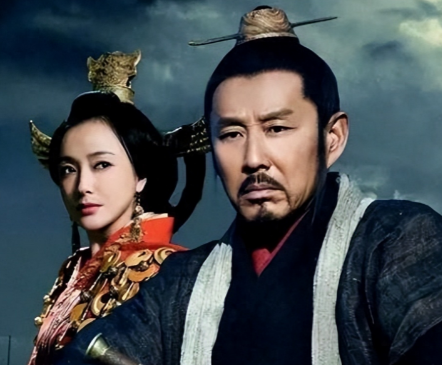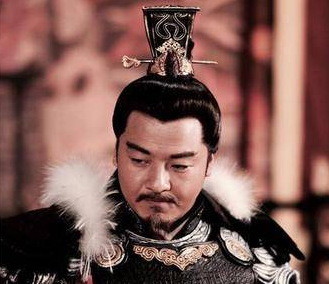In Chinese history, Zhu Yuanzhang, the founding emperor of the Ming Dynasty, is a unique and important figure. His life is full of legendary colors, from a poor farmer's son to an emperor with absolute power, his story has always been talked about by people. However, his attitude towards scholars during his reign has caused many controversies. Why did Zhu Yuanzhang fear scholars discussing government affairs? The reasons behind it deserve our further discussion.

Firstly, we need to understand that Zhu Yuanzhang's background and growth experience have had a profound impact on his thoughts and behavior. He was born into a poor farmer's family and did not receive formal education. In his world, knowledge and power are separated and often opposed. He believed that scholars, by possessing knowledge, might challenge his power and even threaten his rule.
Secondly, the social environment in the early Ming Dynasty also exacerbated Zhu Yuanzhang's fear of scholars. At that time, many scholars actively participated in politics, expressing their views in various ways and even publicly criticizing the emperor's policies. This behavior, in Zhu Yuanzhang's view, was undoubtedly a challenge to his authority.
In addition, Zhu Yuanzhang's personal character is also an important factor. He is an extremely cautious and suspicious person, and he maintains a high level of vigilance towards anything that may threaten his power. Therefore, he always holds a guarded and suspicious attitude towards scholars discussing government affairs.
However, this does not mean that Zhu Yuanzhang completely excluded scholars. In fact, he also appointed many scholars as officials during his reign. However, he had very strict requirements for them, demanding their loyalty to the emperor and no dissent. This attitude reflects his extreme emphasis on the stability of imperial power.
Overall, Zhu Yuanzhang's fear of scholars discussing government affairs is mainly the result of the combined effect of his personal background, social environment, and personality traits. His attitude, to some extent, maintained the stability of imperial power but also limited social development and progress.
Disclaimer: The above content is sourced from the internet and the copyright belongs to the original author. If there is any infringement of your original copyright, please inform us and we will delete the relevant content as soon as possible.































